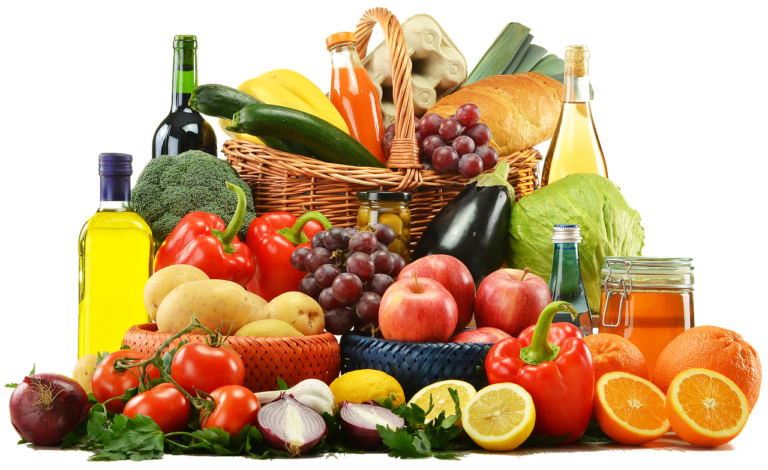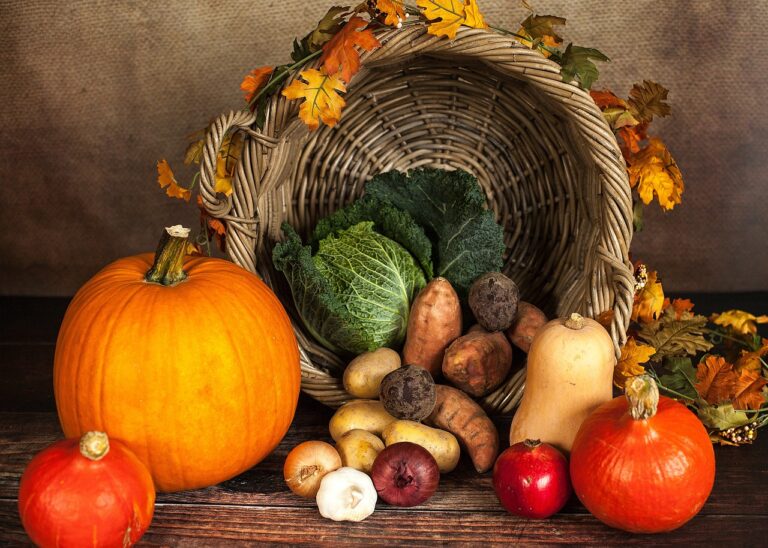Cultivating Joy: The Magic of Homegrown Produce
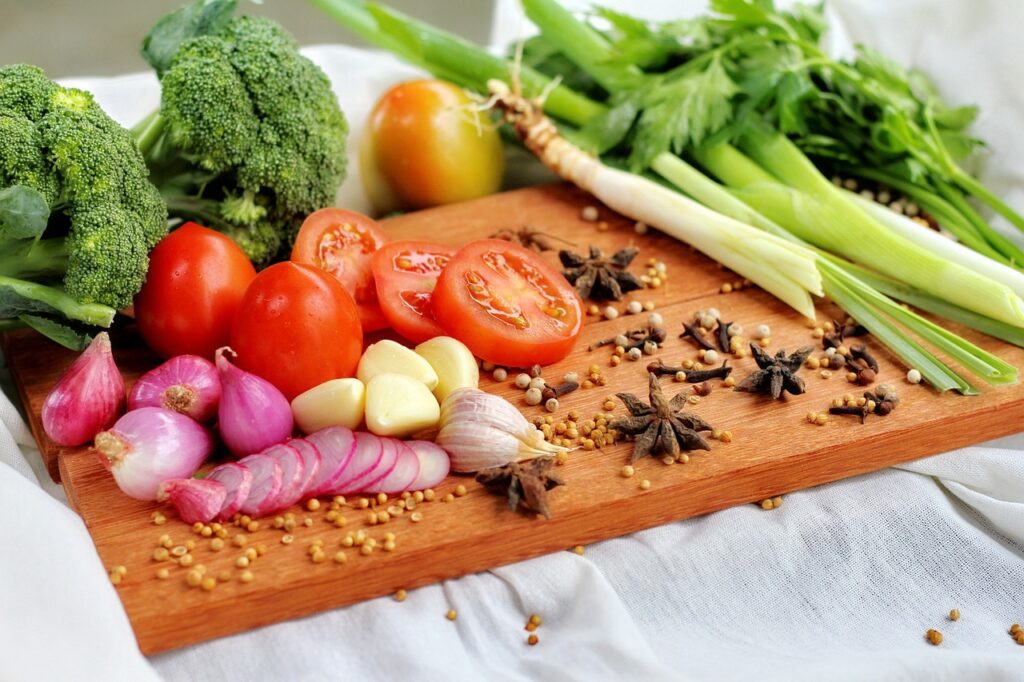
The Allure of Homegrown Produce
The allure of homegrown produce is undeniable. The journey from planting a tiny seed to savoring the fruits (or vegetables) of your labor is incredibly rewarding. Not only does homegrown produce offer unparalleled freshness, taste, and nutritional value, but it also brings a myriad of benefits that extend beyond your plate.
In this article, we will delve into the numerous advantages of embracing homegrown produce, exploring its health benefits, environmental impact, economic advantages, and even its positive effects on emotional well-being. Additionally, we will provide helpful tips for starting your own home garden and address common challenges faced by aspiring gardeners.
Health Benefits of Homegrown Produce
When it comes to nourishing our bodies, homegrown produce takes the crown. Its nutritional superiority is evident in various aspects. Firstly, homegrown fruits and vegetables boast a higher nutrient content compared to their store-bought counterparts.
The shorter time from harvest to consumption ensures that essential vitamins and minerals remain intact, providing you with a direct supply of wholesome goodness. Furthermore, homegrown produce is rich in antioxidants, which play a crucial role in protecting our cells from damage caused by free radicals.
Another health benefit lies in the control you have over pesticide use. By growing your own food, you reduce exposure to harmful chemicals commonly found in conventionally grown produce. Embracing organic farming practices empowers you to choose natural alternatives, ensuring that your homegrown fruits and vegetables are free from synthetic pesticides and fertilizers. This, in turn, promotes the overall well-being of your body and reduces the risk of potential health hazards.
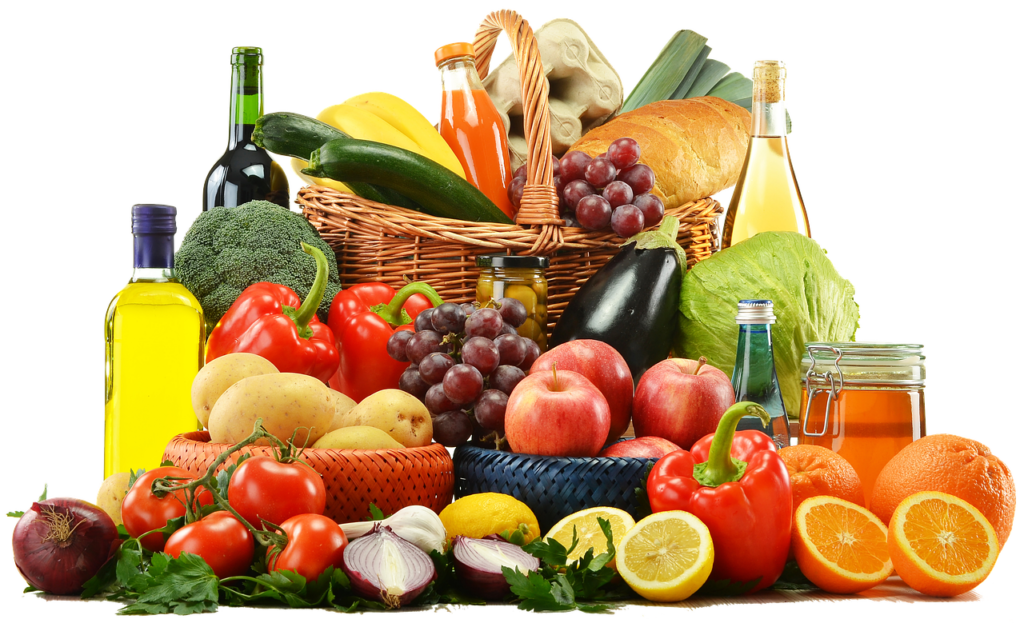
Environmental Benefits of Homegrown Produce
The benefits of homegrown produce extend beyond personal health and touch the very environment we inhabit. By growing your own food, you actively contribute to reducing your carbon footprint. The minimized transportation emissions associated with store-bought produce play a significant role in curbing climate change. When you step out into your garden and gather the fruits of your labor, you eliminate the need for long-distance transportation, ultimately decreasing the reliance on fossil fuels.
Additionally, homegrown produce aids in the conservation of biodiversity. By cultivating heirloom varieties in your garden, you actively participate in preserving rare and unique plant species that are often at risk of extinction. Furthermore, your garden becomes a sanctuary for pollinators such as bees and butterflies, contributing to the health and survival of these essential creatures that are vital to the ecosystem.
Economic Benefits of Homegrown Produce
Not only does homegrown produce offer a wealth of health and environmental advantages, but it also brings economic benefits to your doorstep. By growing your own food, you can experience significant cost savings. Eliminating the need to purchase produce from grocery stores reduces your overall expenditure on food. Additionally, successful gardening often results in a surplus of fruits and vegetables, which can be shared with friends, family, or neighbors, fostering a sense of community and further reducing your grocery bills.
Furthermore, embracing homegrown produce supports the local economy. By investing in local food systems, you contribute to the sustainability of your community. Small-scale farming opportunities arise, creating jobs and bolstering the agricultural sector. The money spent on seeds, tools, and gardening supplies directly circulates within the local economy, enhancing its overall resilience.
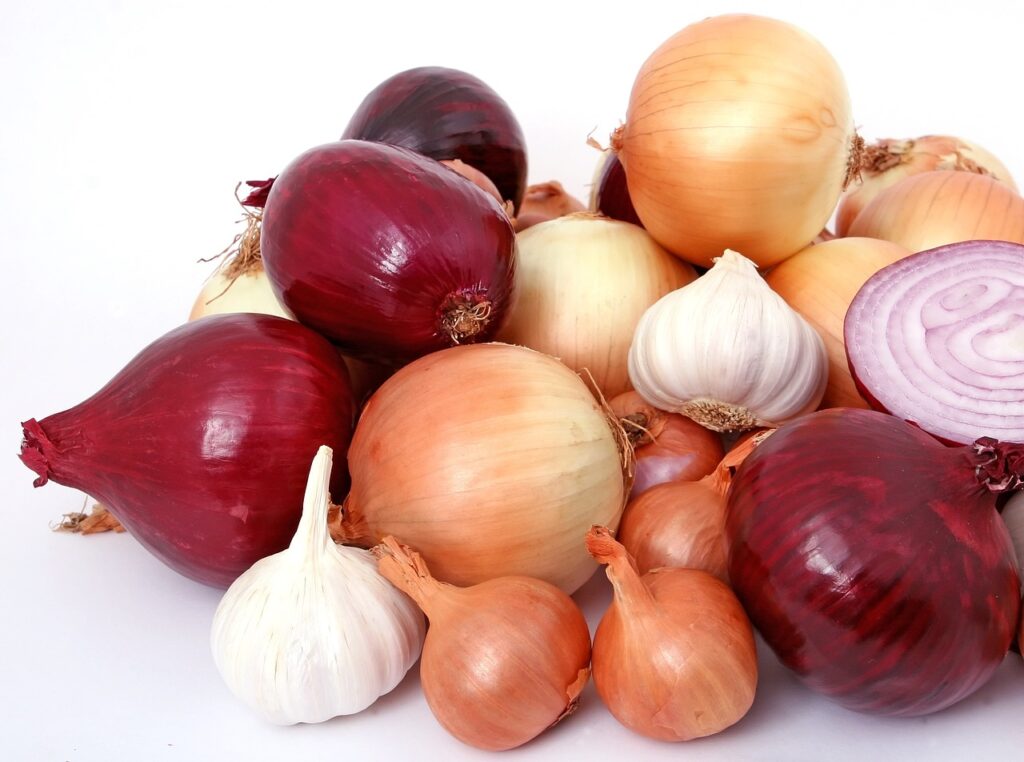
Emotional and Psychological Benefits of Homegrown Produce
Gardening offers a unique set of emotional and psychological benefits that go beyond mere sustenance. Cultivating your own food provides a profound sense of fulfillment and pride. The connection to nature and the process of food production reconnects us with our roots, tapping into a primal instinct to nurture and sustain ourselves. Witnessing the growth and transformation of a seed into a mature plant instills a deep sense of accomplishment and satisfaction.
Moreover, gardening has been proven to reduce stress levels and promote overall well-being. Engaging in hands-on activities, such as planting, weeding, and harvesting, allows us to disconnect from the pressures of everyday life. The therapeutic effects of gardening can alleviate anxiety, promote mindfulness, and serve as a creative outlet for self-expression. By incorporating gardening into our routines, we create space for relaxation and rejuvenation.
Tips for Embracing Homegrown Produce
Now that the benefits of homegrown produce have captured your attention, it’s time to explore how you can embark on your own gardening journey. Here are some essential tips to get you started:
- Starting a home garden:
- Choosing the right location: Consider sunlight exposure and soil conditions.
- Selecting appropriate crops: Research which plants thrive in your climate and soil type.
- Essential gardening practices:
- Soil preparation and composting: Enrich your soil with organic matter for optimal plant growth.
- Watering and maintenance techniques: Learn how to water efficiently and maintain a healthy garden.
Overcoming Challenges
While the rewards of homegrown produce are plentiful, aspiring gardeners may encounter challenges along the way. It’s important to acknowledge and address these obstacles:
- Time and effort required:
- Commitment to gardening: Allocate regular time for tending to your garden.
- Incorporating gardening into your daily routine: Find ways to integrate gardening activities seamlessly.
- Dealing with pests and diseases:
- Organic pest control methods: Employ natural remedies to protect your plants.
- Identifying and treating common diseases: Familiarize yourself with signs of plant diseases and learn appropriate treatment measures.

Embracing the benefits of homegrown (Re-cap)
produce offers a transformative experience that goes beyond the dinner table. From improved health and reduced environmental impact to economic savings and emotional well-being, the advantages of growing your own food are vast. By taking the time to cultivate your garden and nurture your plants, you are embarking on a journey that brings immense rewards.
The rewards of homegrown produce are not only tangible but also deeply satisfying on a personal level. As you witness the vibrant colors and flavors of your harvest, a sense of fulfillment and pride envelops you. The connection to nature and the food production process ignites a primal instinct within us, reminding us of our innate ability to provide for ourselves and our loved ones. Each bite of a homegrown tomato or the crisp crunch of a freshly picked cucumber resonates with the satisfaction of knowing you played a part in its creation.
Gardening also offers a sanctuary away from the stresses of modern life. The act of planting, weeding, and tending to your garden becomes a therapeutic escape—a moment to immerse yourself in the soothing rhythm of nature. As you engage in these hands-on activities, you find solace and peace, allowing your mind to unwind and recharge. Gardening has been linked to reduced anxiety, improved mood, and enhanced mental health, making it an essential practice for holistic well-being.

To embark on your homegrown produce journey, it is essential to have a solid foundation. Choosing the right location for your garden is crucial. Consider the amount of sunlight your plants will receive and the quality of the soil. Understanding the specific needs of the crops you wish to grow will guide you in selecting the right plants for your climate and soil conditions. Conduct research, consult local experts, and seek guidance from experienced gardeners to ensure the success of your endeavor.
Once your garden is established, it’s important to employ essential gardening practices to optimize plant growth and yield. Prepare your soil by enriching it with organic matter such as compost, which provides essential nutrients and improves soil structure. Watering your plants adequately and maintaining proper moisture levels is crucial for their health. Learn the watering needs of different plants and implement a watering schedule that suits your garden’s requirements. Regular maintenance, including pruning, weeding, and pest control, will help keep your garden thriving.
Of course, no journey is without its challenges. As an aspiring gardener, you may encounter obstacles along the way. Time and effort are required to tend to your garden, so it’s important to allocate dedicated periods for gardening activities. Incorporating gardening into your daily routine can be as simple as spending a few minutes each day checking on your plants or engaging in quick maintenance tasks. By making gardening a habit, you can strike a balance between your gardening responsibilities and other commitments.
Pests and diseases can also pose challenges to your homegrown produce. However, organic pest control methods offer effective and environmentally friendly solutions. From companion planting to natural repellents and biological controls, various strategies can help protect your plants from unwanted visitors. It’s crucial to familiarize yourself with common pests and diseases in your region and learn to identify early warning signs. Prompt action and appropriate treatment measures can help mitigate the impact of these challenges and safeguard the health of your garden.
In conclusion, the journey from garden to table is one filled with immense benefits and joys. Embracing homegrown produce not only provides you with superior nutrition and flavorful meals but also allows you to contribute positively to the environment, support local economies, and nurture your own well-being. So, roll up your sleeves, dig your hands into the earth, and savor the delights of growing your own food. From the first seedling to the bountiful harvest, the rewards of homegrown produce await you, bringing a deeper connection to nature and a profound sense of accomplishment.




